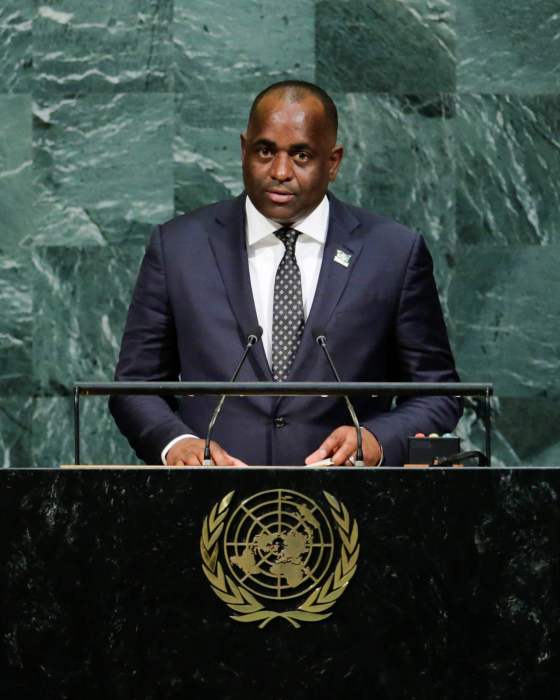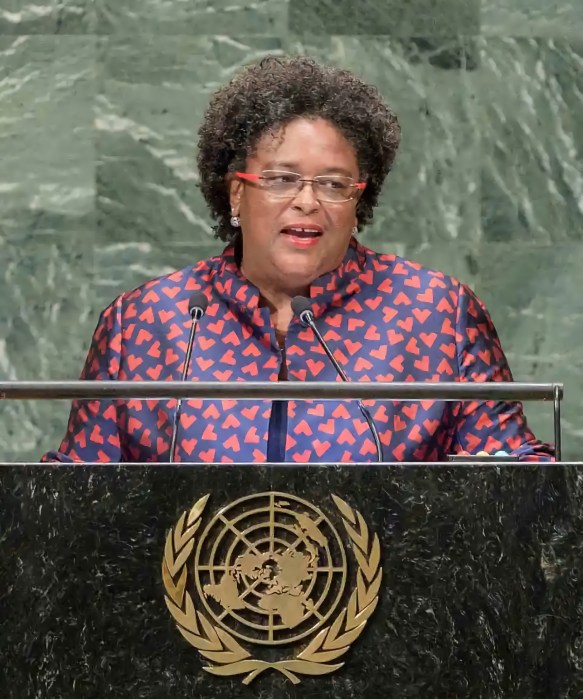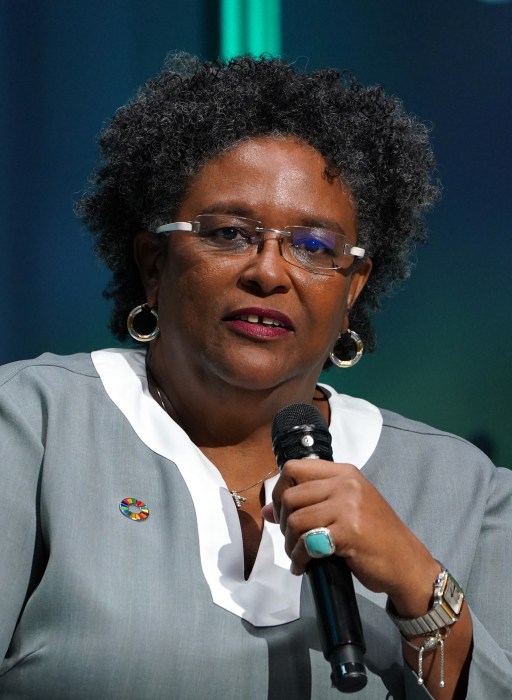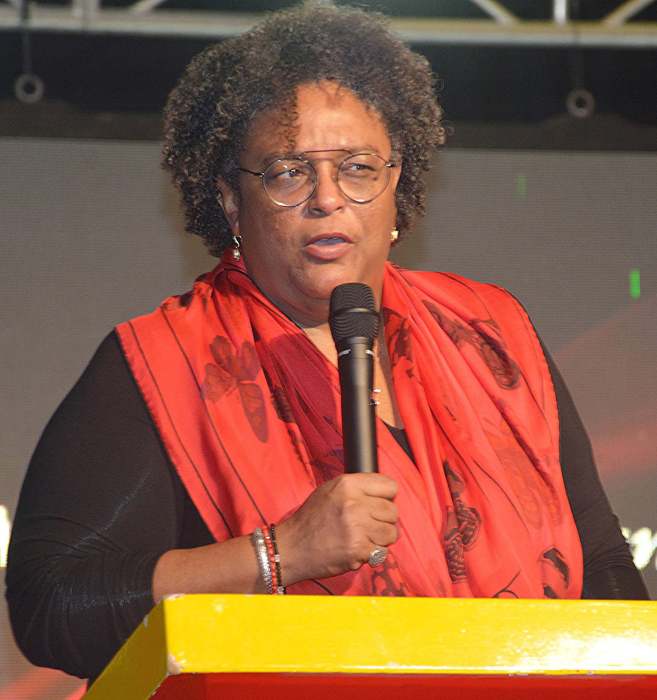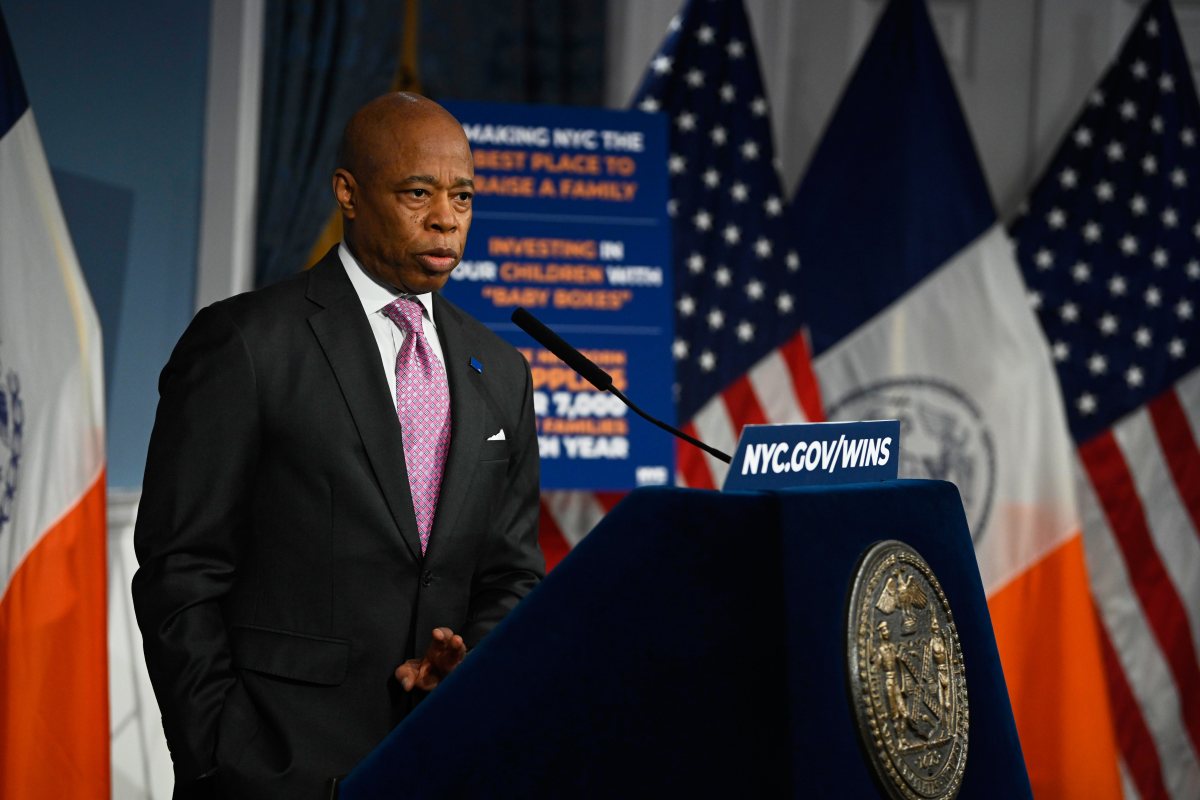Barbados’ Consul General in New York, Mackie Holder, has said that with the passing of former prime minister Owen Arthur, “there is a huge vacuum in the Barbados political, economic and education landscape, Caribbean integration, world agitation on behalf of small island states, and academic discourse.”
An economist, Arthur and the island’s longest serving prime minister and the person credited with taking its economy to unprecedented heights while creating a vastly improved standard of living, died of conditions associated heart failure in the public hospital.
Owen Seymour Arthur, whose prime ministership ran from 1984 to 2008, died at age 70 and is survived by wife, Julie; daughters Sabrina and Leah, sister Valmay, and brother Richard. After losing this high office he continued to serve as a member of parliament until 2018.
His passing put the nation into further grief and despair as it happened amidst mourning for another of its own, West Indies and the world’s greatest batsman, Sir Everton Weeks. Additionally, for an island of more than 95 percent black population its people were also grieving the death of American fighter for black civil rights, John Lewis.
Describing him as the dominant figure in Barbados while prime minister, Holder said that he was a Caribbean statesman and acclaimed academic whose career was distinguished by one word – excellence.
“He delivered massively and spectacularly for Barbados, engineering a threshold of economic growth that was never attained before he became Prime Minister and has not been seen since he left office; and Arthur matched this with widespread social development in his drive to make Barbados, as he always said, the first small developed country in the world.”
The consul general noted that Arthur stood firmly against any notion that Caribbean countries could be bullied, making strong and pointed statements that the independence of all states is the same regardless of size.
“He was the architect of the CARICOM Single Market and Economy and an unshakable supporter of the University of the West Indies, of which he was a graduate, facilitating the expansion of the Cave Hill Campus in Barbados.
“A nation, in fact nations, can attest to the benefits of this most transformative gift. His legacy will benefit generations to come.”
Current Prime Minister Mia Mottley, whom Arthur introduced to Cabinet level of government by making her Minister of Education, Youth and Culture in late 1994 despite analysts claiming that she was too ‘green’ for the job, described the man as having, “… strong patriotism … anchored by a burning passion for regional integration for the Caribbean civilisation”.
“The Owen Arthur that I knew was never overwhelmed by the task at hand. ‘Face it and fix it’, that was his mantra. Indeed, his greatest domestic legacy will be considered by many as the wrestling of unemployment from the horrendous highs of [ about 27 per cent] in the early 1990s to under seven per cent in 2008.
“It seems like an archaic economic achievement, but it meant real things to real Bajans in real ways. The promise that many doubted at the outset of his tenure was delivered over the three terms – the creation of 30,000 jobs.”
Mottley said, “Owen set out to, and did master the art of politics. But he never, in so doing, compromised his economic training and his commitment at all times to sound policy. It was his hallmark”.
In doing so, she said that Arthur, “from the early 1990s, moulded a new class of politician in this country and changed in many ways, how those representatives would serve the better chances and obligations of a politician, as they serve their constituents”.
As of Tuesday, no date was yet been announced for this outstanding Barbadian leader’s funeral.



